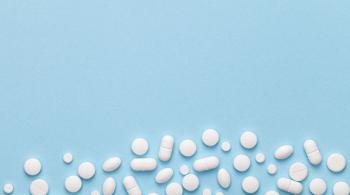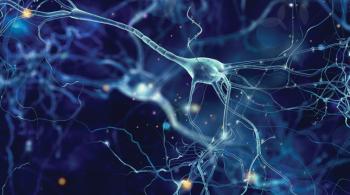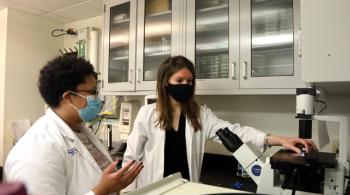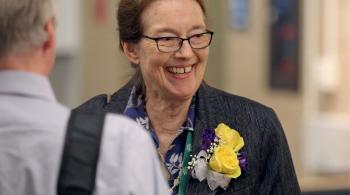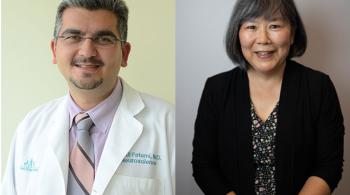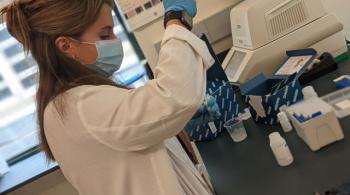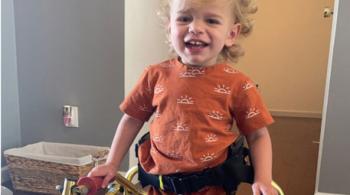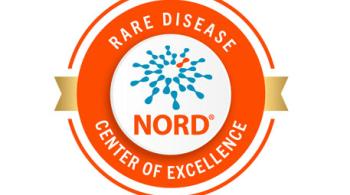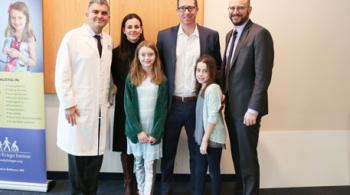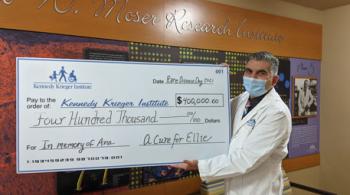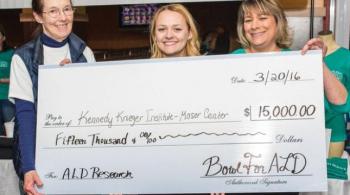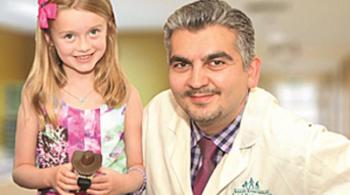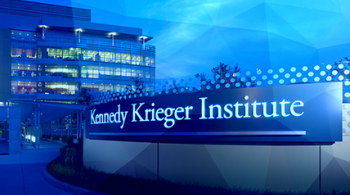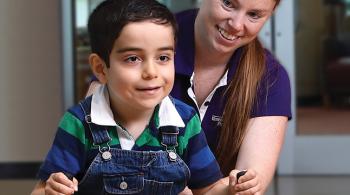By Laura Thornton
When Marco, 7, was a baby, the only hint of his rare genetic condition was the slightly larger-than-typical diameter of his head. Once he was walking, he began getting painful leg cramps, often several times a day.
An MRI revealed Marco might have LBSL, short for leukoencephalopathy with brainstem and spinal cord involvement and lactate elevation, a progressive disorder. A blood test confirmed the diagnosis.
Marco’s parents, Liz and Duncan Ferguson, wanted to learn all they could about LBSL. Duncan, a surgeon, helped the rest of the family understand what having LBSL meant: Marco’s mitochondria were unable to manufacture all the energy his cells needed to stay alive. “The initial diagnosis was grim,” he says.
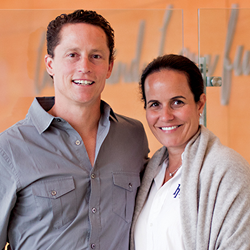
Due to the extreme rarity of LBSL, Marco’s family found that no doctors in New Zealand, where the family lives, had any clinical experience with the condition. Research on the internet led them to discover A Cure for Ellie, a nonprofit founded by Beth and Michael McGinn to raise money for LBSL research at Kennedy Krieger Institute. The McGinns, whose daughter Ellie has LBSL, put the Fergusons in touch with Dr. Ali Fatemi, director of the Institute’s Moser Center for Leukodystrophies.
A “cocktail” of supplements and nutrients keeps Ellie’s mitochondria going, while researchers like Dr. Fatemi study LBSL, with the hope of one day developing a cure. Marco is now on a similar cocktail, and his legs are mostly cramp-free.
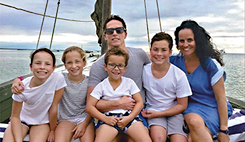
In 2015, after attending a conference in Australia, Dr. Fatemi visited the Fergusons at their home. Hearing Dr. Fatemi talk so passionately about his research and vision for a future in which LBSL can be cured, and in gratitude to the McGinns for connecting them with Dr. Fatemi, the Fergusons were inspired to match, dollar for dollar, whatever the McGinns raise each year for LBSL research.
This past March, the family traveled to Kennedy Krieger for the first time to attend a conference co-hosted by the Institute for families affected by LBSL. It was the first such conference ever held, and it was the Fergusons’ first time meeting the McGinns in person.
“We wanted,” Duncan says, “to contribute to and support the tireless efforts of the McGinns to raise the profile of this condition and help drive the pursuit of a potential cure.”
To learn more about leukodystrophy treatment at Kennedy Krieger, visit the Moser Center for Leukodystrophies page. View our 2018 Gratitude Report to learn about other inspiring donors and their stories.

